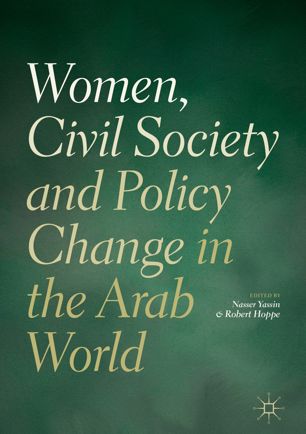

Most ebook files are in PDF format, so you can easily read them using various software such as Foxit Reader or directly on the Google Chrome browser.
Some ebook files are released by publishers in other formats such as .awz, .mobi, .epub, .fb2, etc. You may need to install specific software to read these formats on mobile/PC, such as Calibre.
Please read the tutorial at this link: https://ebookbell.com/faq
We offer FREE conversion to the popular formats you request; however, this may take some time. Therefore, right after payment, please email us, and we will try to provide the service as quickly as possible.
For some exceptional file formats or broken links (if any), please refrain from opening any disputes. Instead, email us first, and we will try to assist within a maximum of 6 hours.
EbookBell Team

4.8
24 reviewsThis book examines the ways in which Arab civil society actors have attempted to influence public policies. In particular, the book studies the drive towards a change of policies that affect women and their well-being. It does so through the lens of women civil society activism and through analysis of cases of policy reform in three Arab countries namely: Lebanon, Morocco and Yemen. The book addresses the tension between policy change and state repression; between Islamic traditional/religious values and civil/secular ones; between the formal and the informal channels for policy-making. One of the first books to reflect on the capability of Arab civil society actors to influence change, it traces recent policy evolution from before the Arab Uprisings in 2011 until the present day, and describes the limited ability of civil society actors to induce change and substantiate it over recent decades. The book explores the use of policy theories in the analysis of cases, and reflects on the possibility of applying and “adapting” those concepts, largely applied in the Western world, to encompass policymaking in the Arab world without conceptual 'overstretch'.